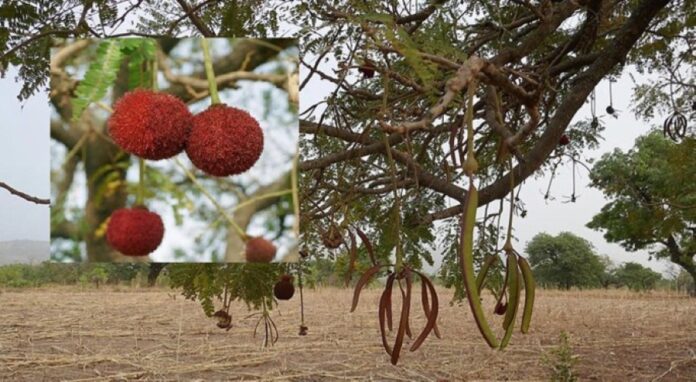A recent study by Josiah, et al. (2024) titled “Acute toxicity profile of crude methanolic stem bark extract of Parkia biglobosa in West African Dwarf (WAD) goats” published in the Journal of Bioscience and Biotechnology Discovery, by ResearchGate, examines that the extract did not produce any significant toxic effects, with the median lethal dose (LD50) calculated to be greater than 5000 mg/kg.
“
Parkia biglobosa stem bark extract is safe for West African Dwarf goats, with no significant toxicity.– Josiah, et al. 2024
The study focused on evaluating the acute toxicity profile of the crude methanolic stem bark extract of Parkia biglobosa in West African Dwarf (WAD) goats. The research aimed to determine the potential toxic effects of the extract on these goats. The methodology involved collecting and processing the stem bark, followed by phytochemical screening to identify the active compounds present. Subsequently, acute toxicity tests were conducted to assess the immediate effects of the extract, along with biochemical and histopathological analyses to observe any underlying changes in the goats’ physiological and cellular structures. The findings revealed that the extract did not produce any significant toxic effects, with the median lethal dose (LD50) calculated to be greater than 5000 mg/kg. This result indicates that the extract has a wide margin of safety when administered to the goats.
How the study was conducted
The authors employed the stem bark of P. biglobosa and processed it to obtain a crude methanolic extract. The authors employed phytochemical screening; this step involves identifying the chemical compounds present in the extract. The extract was administered to the goats in varying doses to determine its lethal dose (LD50), which is the dose required to kill half the test population. Blood samples were taken from the goats to analyze biochemical parameters and assess any potential toxic effects. The authors examined tissue samples from the goats under a microscope to check for any cellular or tissue damage.
What the authors found
The authors found that the extract contained alkaloids, anthraquinones, cardiac glycosides, glycosides, oils, phlobatannins, reducing sugar, saponins, and tannins. The study found that no mortality was observed at doses up to 5000 mg/kg body weight, indicating a high safety margin. The extract had no significant effect on biochemical parameters, though slight changes in glucose, cholesterol, and triglyceride levels were noted. Furthermore, no deleterious effects on tissue morphology were observed, supporting the extract’s non-toxic nature.
Why is this important?
Safety Assessment: It helps determine the safety of the extract for potential use in traditional medicine or as a pharmaceutical ingredient. Knowing that the extract has a high safety margin (LD50 > 5000 mg/kg) is crucial for its safe application.
Phytochemical Insights: The identification of various phytochemicals (like alkaloids, saponins, and tannins) provides a basis for understanding the potential therapeutic effects and mechanisms of action of the extract.
Baseline Data: The study provides baseline data on the biochemical and histopathological effects of the extract, which is essential for future research and development.
Ethnoveterinary Medicine: For communities that rely on traditional medicine, such studies validate the safety and efficacy of their practices, potentially leading to improved animal health and productivity.
What the authors recommended
- The authors recommend conducting further detailed toxicological and pharmacological studies in other animals. Despite the non-toxicity observed in West African Dwarf goats, additional research is necessary to confirm the safety and potential therapeutic benefits of the crude methanolic stem bark extract of Parkia biglobosa across different species and contexts. This would help ensure its safe application in traditional medicine and potential pharmaceutical uses.
In conclusion, the study on the acute toxicity profile of Parkia biglobosa stem bark extract in West African Dwarf goats demonstrates a significant safety margin, with no observed toxic effects even at high doses. The presence of various phytochemicals and the lack of adverse impacts on biochemical parameters and tissue morphology underscore the extract’s potential for safe use. These findings are pivotal for validating its application in traditional medicine and warrant further investigation to explore its therapeutic benefits across different species. The study provides a solid foundation for future research, ensuring that the extract can be safely integrated into both traditional and pharmaceutical contexts.
















 The African Research (AR) Index is a comprehensive scholarly directory and database focused explicitly on journal publishers that publish and disseminate African research.
The African Research (AR) Index is a comprehensive scholarly directory and database focused explicitly on journal publishers that publish and disseminate African research.

